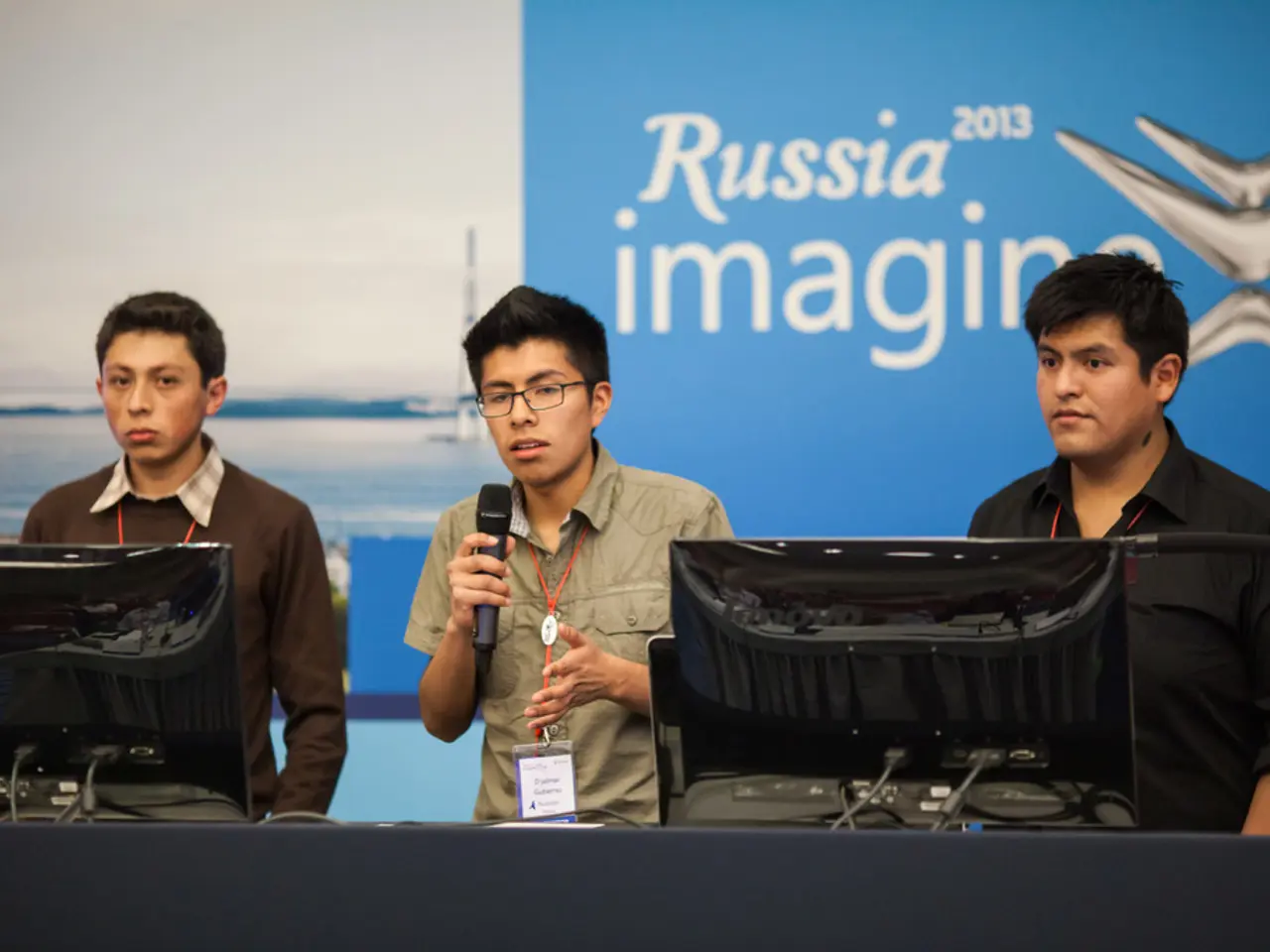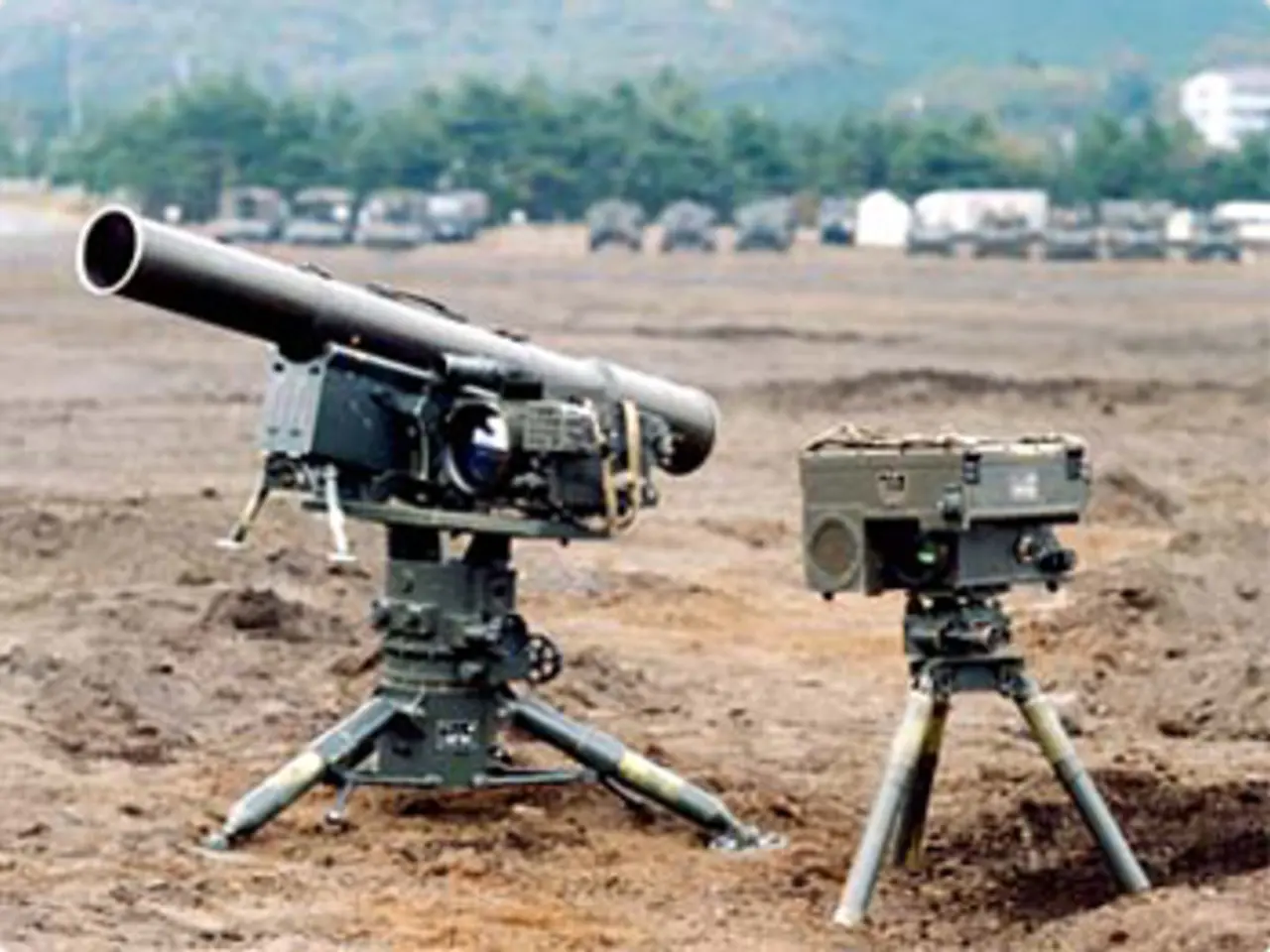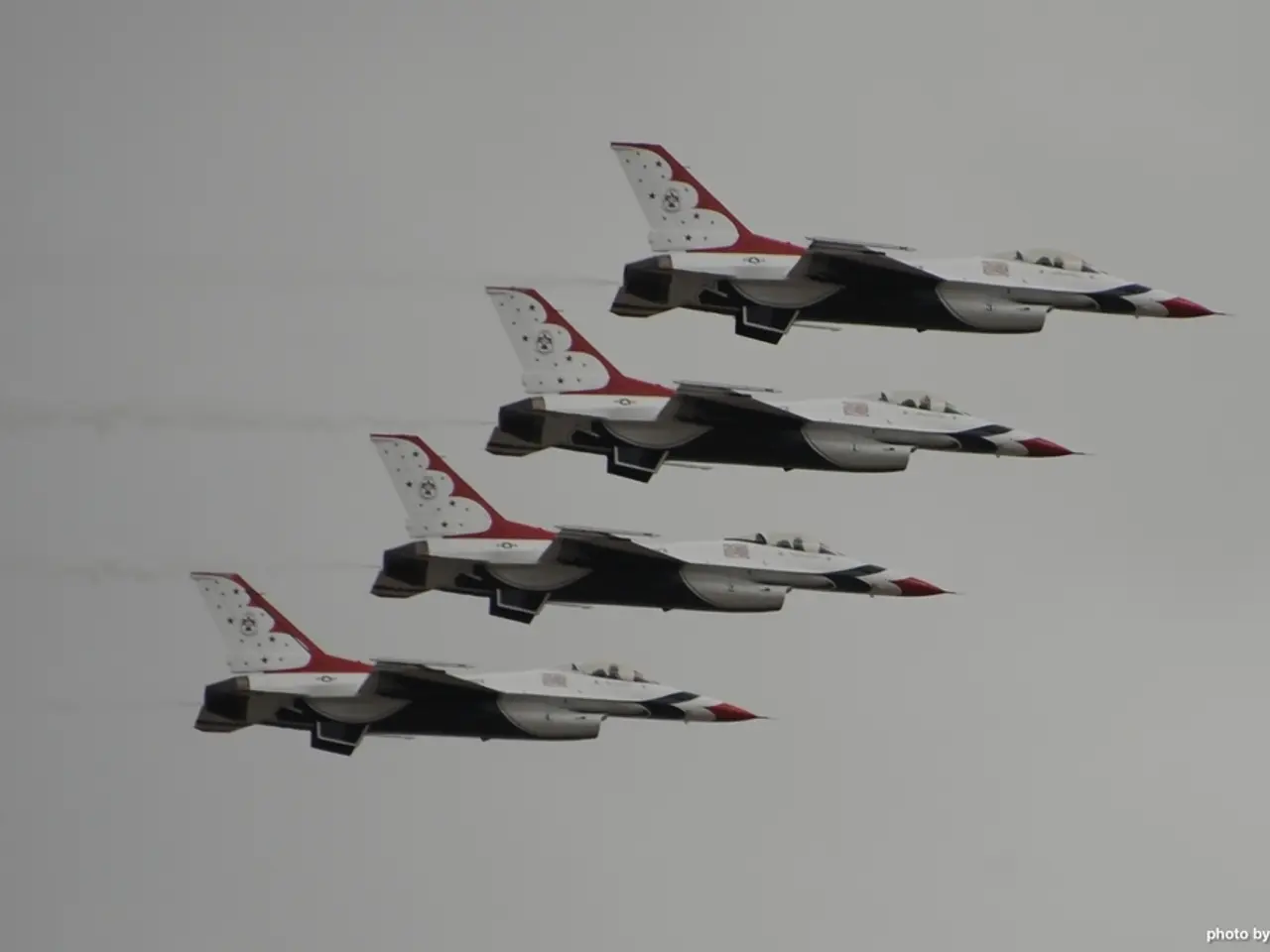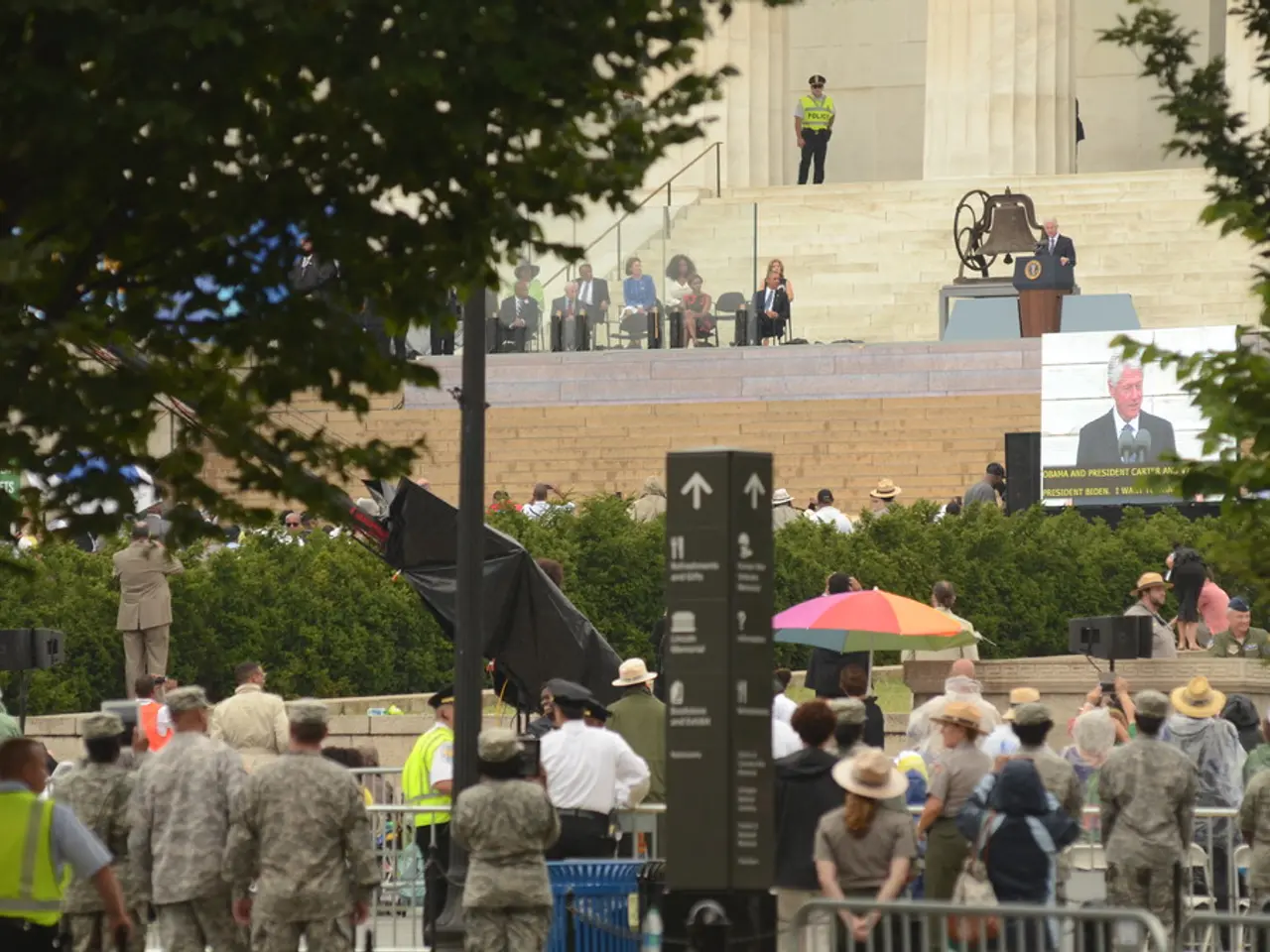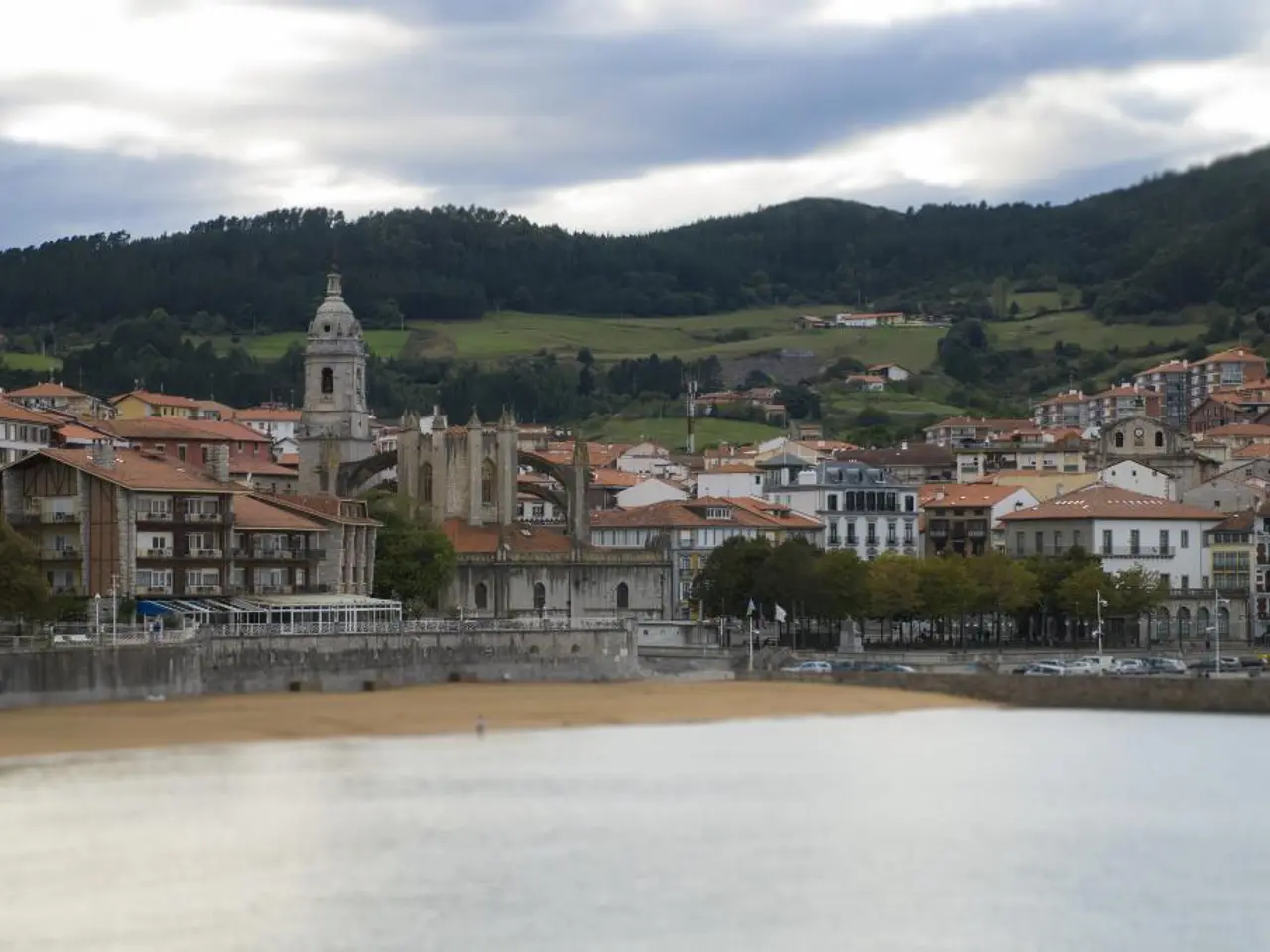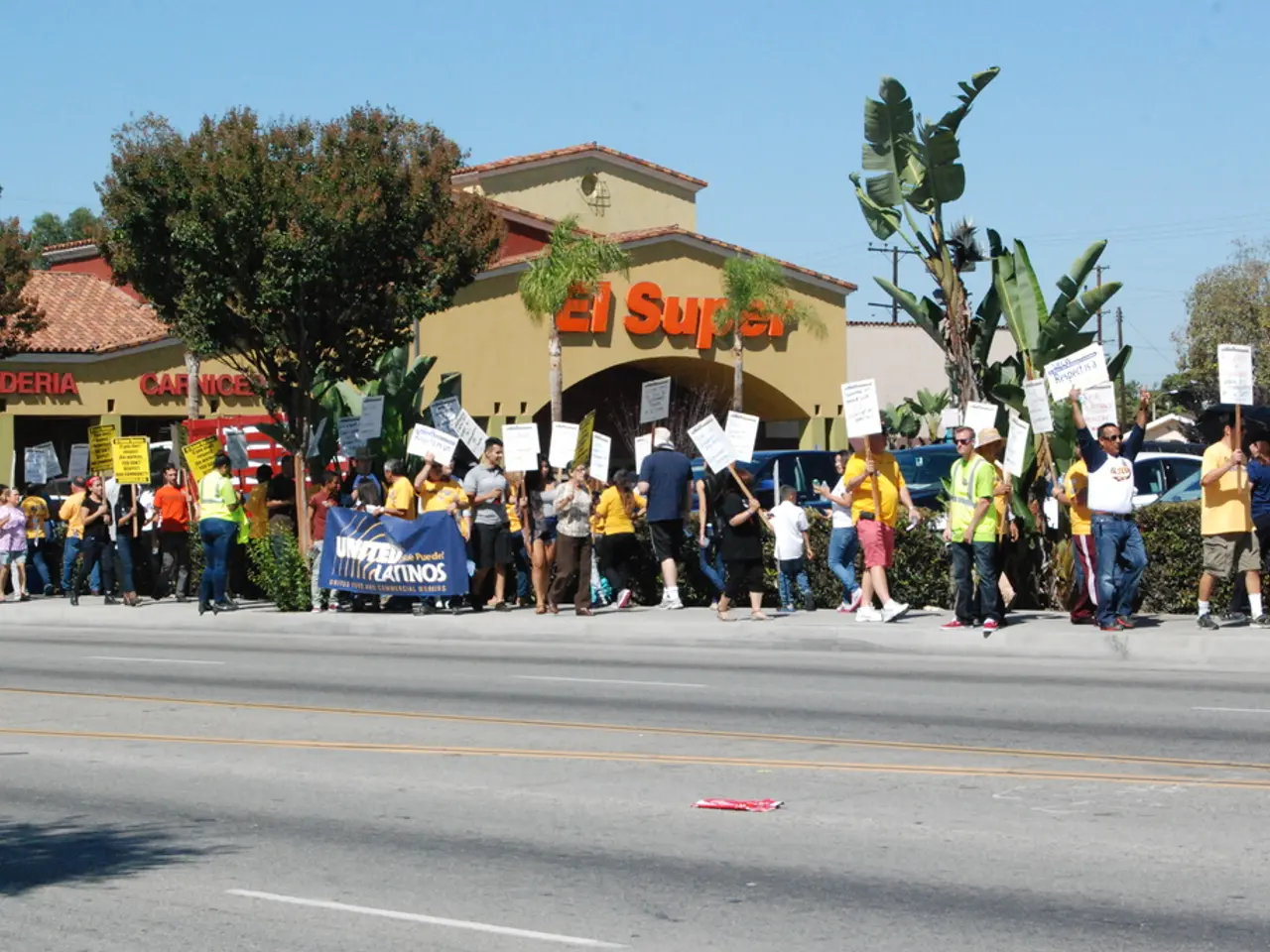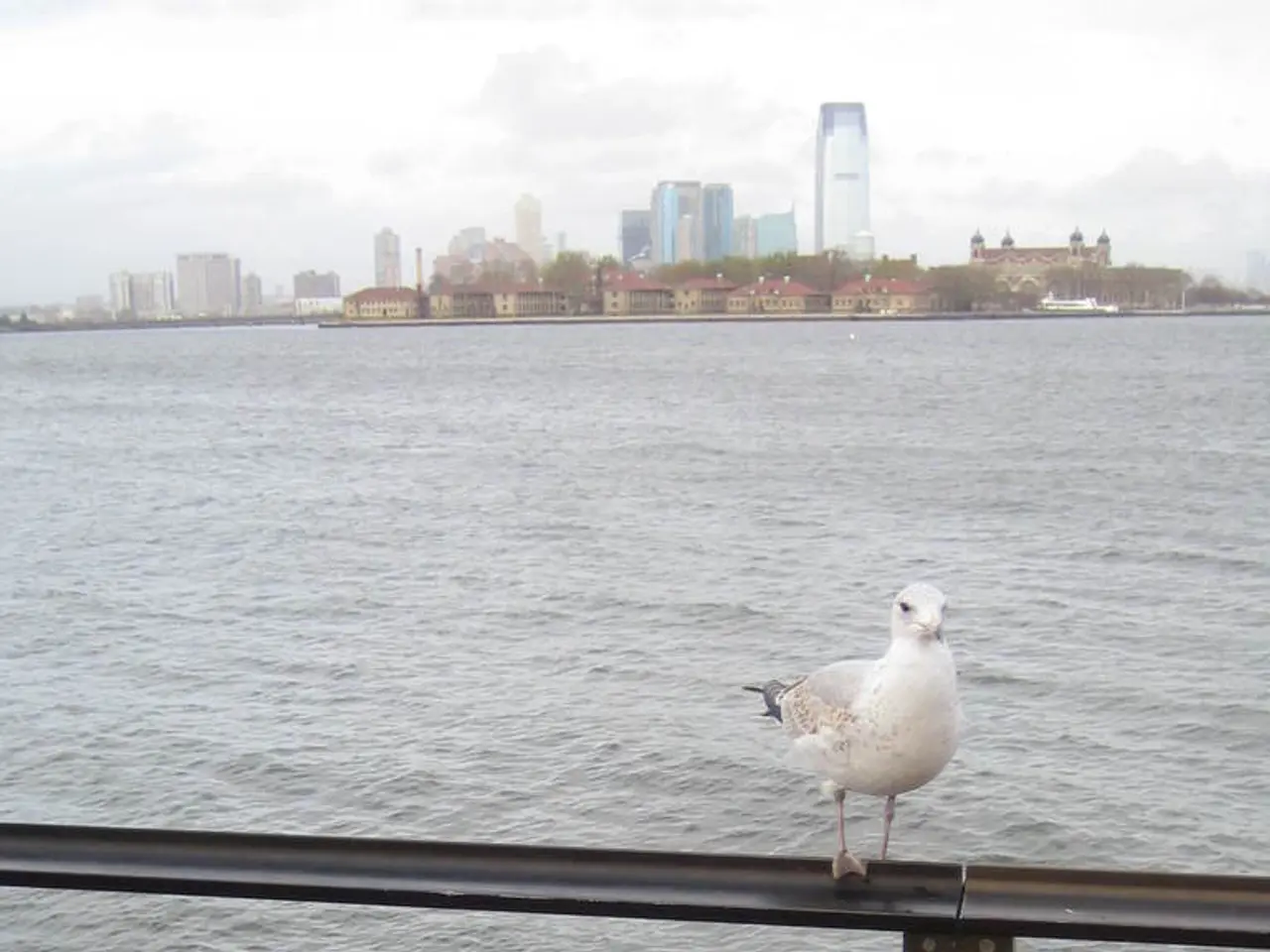Evolution of Dmitry Medvedev's political career, transitioning from a presidential role to a controversial figure within Russian politics.
In a shift from his moderate presidency, Dmitry Medvedev, the Deputy Chairman of Russia’s Security Council, has taken on a more confrontational role, employing inflammatory rhetoric and nuclear threats as part of Russia’s strategic posture against the West.
Medvedev, who served as Russian president from 2008 to 2012, was once known for his cooperative relationship with Western leaders, symbolized by the signing of the New START nuclear arms treaty with U.S. President Barack Obama in 2009. However, his political stance has evolved significantly over the years.
Since moving to his Security Council role in 2020, Medvedev has adopted a more hawkish and provocative tone, especially towards the United States. His recent statements have included warnings of nuclear conflict and references to Russia’s automatic nuclear strike capabilities. This rhetoric intensified in response to U.S. sanctions and political tensions.
Medvedev's comments have sparked alarm in Western capitals and prompted military repositioning of nuclear submarines. For instance, in response to Medvedev's statements, US President Trump ordered two nuclear submarines to move to "the appropriate regions."
The former Russian president has also targeted Western leaders with xenophobic and offensive attacks. He has conjured up the specter of Nazism, saying the new German chancellor Friedrich Merz had "suggested a strike on the Crimean Bridge." Medvedev has also referred to Kyiv's leadership as "cockroaches breeding in a jar."
Despite his provocative rhetoric, Medvedev has not launched nuclear weapons over the past three years, according to Anatol Lieven at the Quincy Institute for Responsible Statecraft.
Medvedev's transformation from a relatively liberal technocrat into an uber-nationalist began after he stepped down as president in 2012. He now serves as a semi-official attack dog for the Kremlin, with a large following on Telegram and social media, boasting 1.7 million subscribers and nearly 7 million followers in total.
Medvedev's spokeswoman, Natalya Timakova, dismissed an investigation by opposition figure Alexei Navalny's Anti-Corruption Foundation as a "propagandistic outburst." The investigation claimed Medvedev had amassed a "corruption empire" of lavish properties, luxury yachts, and vineyards across Russia.
In conclusion, Medvedev's political stance has changed dramatically from a moderate, cooperative leader to a more strident and confrontational figure emphasizing Russia’s nuclear capabilities against perceived Western threats. His role in the Kremlin is to amplify inflammatory rhetoric designed to stoke panic and fear among Western decision-makers.
Europe and the world have witnessed a shift in Medvedev's political stance, as he has evolved from a cooperative leader to a more confrontational figure emphasizing Russia's nuclear capabilities against perceived Western threats. His inflammatory rhetoric towards Western leaders, including references to nuclear conflict, have raised concerns in general news and politics, particularly in Europe.
